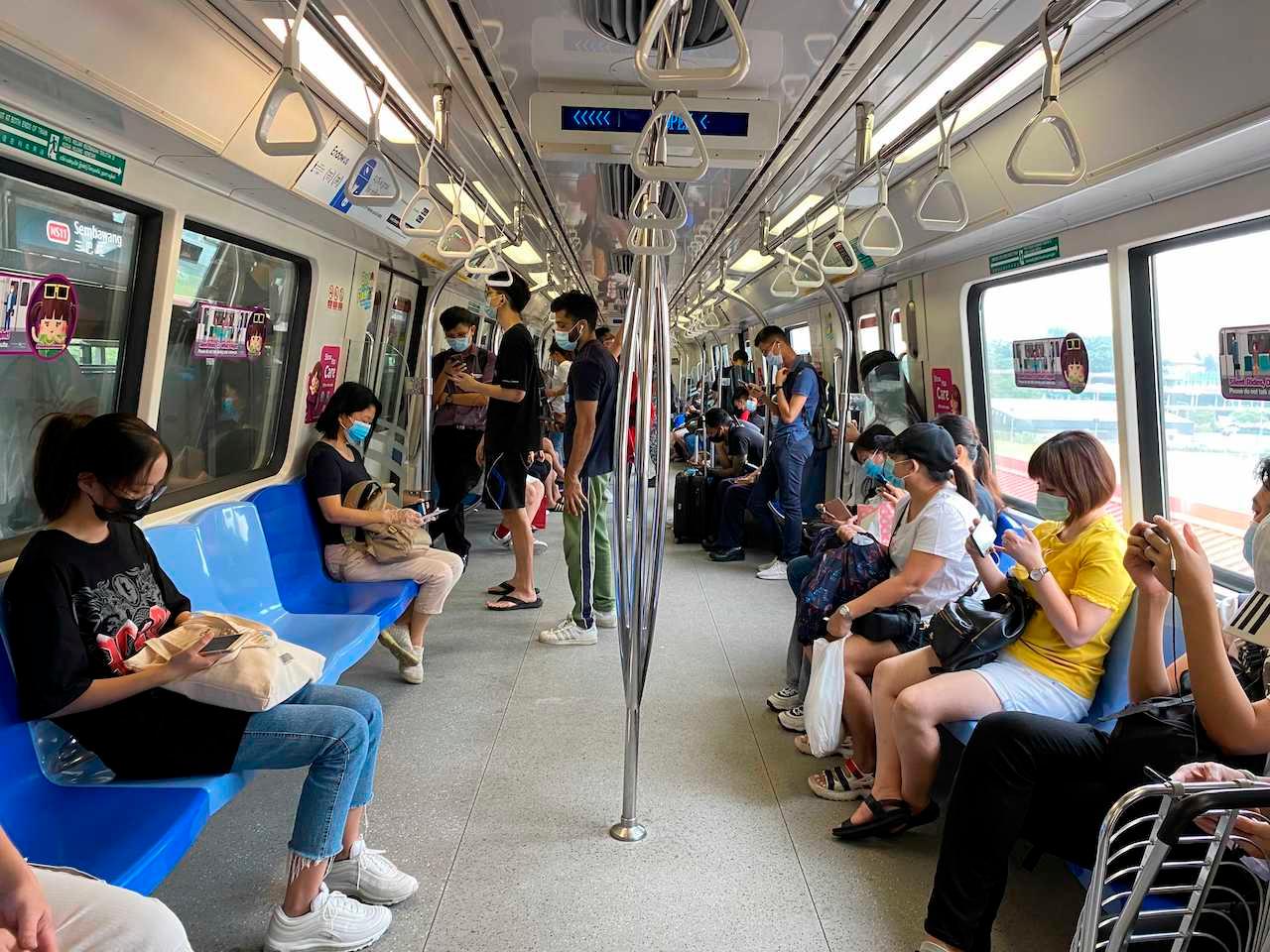Singapore and Taiwan’s Covid-19 surges show ‘we should not let our guard down’
Experts say that countries seeing a dip in infections should be cautious about relaxing their restrictions.
They’ve been hailed as Covid-19 success stories – countries that have seen single-digit cases since the start of the year.
But this month, Singapore and Taiwan have both seen a sudden rise in case numbers, which by global standards are still small but would have been unthinkable a month ago.
Taiwan was among the first places to ban foreign visitors almost as soon as China reported the emergence of the virus.
This was effective, but complacency soon set in.
Hospitals stopped aggressively testing people for Covid, even those with a fever.
Lin Hsien-ho, a professor at National Taiwan University, told the BBC, “There was a general assumption that the probability of having Covid-19 was essentially zero.”
Taiwan optimistically shortened its quarantine period for airline pilots to just three days. Shortly after, a cluster broke out connected to Taiwan’s China Airlines pilots who were found to have contracted the UK variant.
The virus spread, eventually making its way to Taiwan’s adult entertainment “tea houses”.
“It wasn’t just one teahouse but many – it was a super spreader event,” said Lin.
Chen Chien-jen, an epidemiologist and former vice-president of Taiwan, said many who tested positive were unwilling to admit they had visited teahouses, which made contact tracing almost impossible.
Alex Cook, a professor at the National University of Singapore (NUS), said Taiwan’s situation is a “a reflection of the constant risk of a strategy that puts too much emphasis on border control and not enough on measures inside the country”.
In Singapore, it was a slightly different story.
Despite low case-numbers, measures here have always been stringent and the public compliant.
But by late May, Changi Airport had turned into the country’s biggest Covid cluster.
Authorities found that infected airport staff had been working in an airport zone that processed travellers from high-risk countries, including South Asia.
Some of these workers then ate in airport food courts open to the public.
Changi’s passenger terminals are now closed to the public, and passengers from high-risk countries segregated from those arriving from lower-risk places.
“I understand why people are feeling frustrated,” said Teo Yik Ying, of the NUS School of Public Health.
“But we are not like China which can keep its borders completely shut. Our economy relies on our position as a trade hub. Singapore is still in a very good position,” he said.
Acquiring enough vaccines is now a problem plaguing both Singapore and Taiwan.
Many in Taiwan didn’t want to take the vaccine when things were going well, but now people are flocking to get it. The problem is there just isn’t enough to go around.
Taiwan has received merely 300,000 vaccines for a population of 24 million.
“We couldn’t get much from international companies,” said Chen. “The only way to sustain our supply is to manufacture it ourselves.”
Taiwan is currently working on producing two local vaccines, which could be available by the end of July.
Singapore is also short of vaccines.
“The need for vaccines is going to be long term, so we are setting up our own manufacturing capabilities,” said Teo.
He added that the spike in both countries should be a lesson for others that are seeing a dip in infections and starting to relax measures.
“I think they should be very cautious,” he said.
“What’s happened in Taiwan and Singapore is a sign that we should not let our guard down.”
Subscribe to our newsletter
To be updated with all the latest news and analyses daily.
